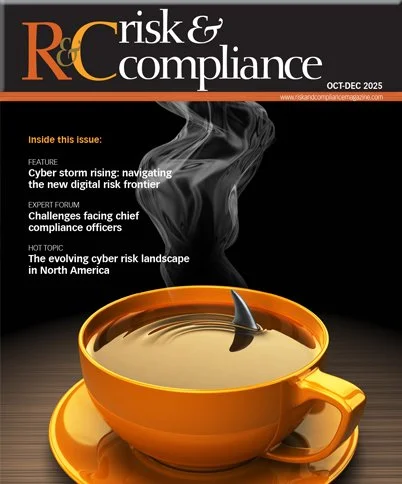ANTI-CORRUPTION DEVELOPMENTS IN APAC
R&C: Could you provide an overview of the prevalence of bribery and corruption in the Asia-Pacific (APAC) region? What emerging trends have you observed?
Wong: Bribery and corruption are global threats, and no geographic region is completely immune from it. That said, the way in which corruption manifests itself in public and private sectors can be different in various regions due to many factors, including economics, the political environment and cultural practices. Within the Asia-Pacific (APAC) region, certain countries, such as Singapore, New Zealand and Australia, are known to have better governance infrastructure and more robust anti-corruption policies. Others, such as Bangladesh, Myanmar and North Korea, have faced more challenges in this area, as shown in their relatively lower scores according to Transparency International’s Corruption Perceptions Index (CPI). Unsurprisingly, some of the emerging trends seen in bribery and corruption are a sign of the times, proof that criminal activity evolves alongside advances made in innovation and technology. One observation is the increased use of digital assets and cryptocurrencies in illicit transactions. With the economic recovery in the APAC region that followed the coronavirus (COVID-19) pandemic, cross-border bribery activity in the APAC region has evolved. The schemes are often more complex, involving nationals of different countries and innovative money-laundering setups. The international trade and supply chain networks have also seen an increase in potentially fraudulent activity, in part driven by increased tariffs and costs of cross-border trade, that, in turn, create incentives for engaging in questionable practices in trying to get goods across the border quickly.
R&C: To what extent are governments across APAC failing to deliver on anti-corruption pledges? Which countries appear particularly vulnerable to poor governance and corruption?
Jayasekara: Across APAC, many governments still underdeliver on anti-corruption pledges: frameworks and laws exist on paper, but gaps persist in beneficial ownership transparency, whistleblower protection and foreign bribery enforcement. Transparency International’s 2024 CPI shows persistent weak performers – Afghanistan, Myanmar and North Korea. There are only a few South and Southeast Asian markets with limited reforms in place.

